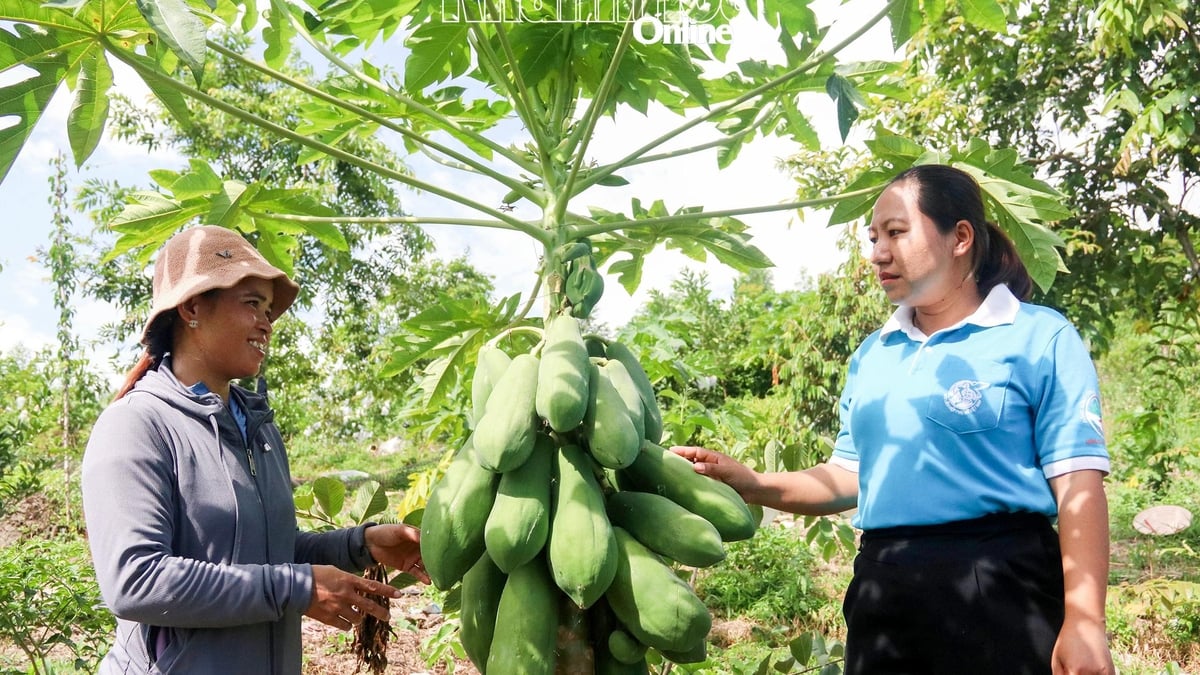Two companies in the US have been granted approval to sell chicken grown directly from animal cells, meaning "cultured meat" could soon be available to consumers in some restaurants.

Photo: DPA
Upside Foods and Good Meat were the first two companies to complete the approval process. Last November, the US Food and Drug Administration (FDA) said their lab-grown meat was safe to eat.
Uma Valeti, CEO and founder of Upside Foods, described it as a “dream come true”, and “a new era is about to unfold”.
“This approval will fundamentally change the food supply,” he said. “It is a giant step towards a more sustainable future, one that preserves choice and life.”
What is lab-grown meat?
Unlike plant-based meats like vegans, lab-grown meat actually contains animal protein. But unlike traditional meat, it doesn't require animal slaughter, leading many to call it "ethical" meat.
This meat is grown from cells from a living animal or a fertilized cell, which is then set up in a cell bank. The cells are then cultured in steel tanks and fed nutrients similar to what the animal would consume.
The meat will then be shaped into patties. In 2020, Singapore granted Just Eat a license to produce cultured meat. Despite the US approval, mass distribution of cultured meat is unlikely to happen immediately, largely due to the high cost of production.
Meanwhile, high-end restaurants will initially use this type of meat for future menus.
Upside says its first order has been processed for Chef Dominique Crenn's three-Michelin-starred restaurant in San Francisco called Bar Crenn, while Good Meat's first batch will be sold to celebrity chef Jose Andres.
Is lab-grown meat environmentally friendly?
Livestock production accounts for 14.5% of the world's greenhouse gas emissions, according to the Food and Agriculture Organization of the United Nations. Lab-grown meat is seen as an environmentally friendly alternative.
However, a yet-to-be-peer-reviewed study from the University of California last month found that the meat may not be as good for the environment as previously thought.
The energy required and greenhouse gas emissions emitted during all stages of lab-grown meat production could be “significantly” higher than conventional meat, according to the study. This is especially true for cultured beef.
Quoc Thien (according to AFP, Reuters, DW)
Source




















































![[Maritime News] More than 80% of global container shipping capacity is in the hands of MSC and major shipping alliances](https://vphoto.vietnam.vn/thumb/402x226/vietnam/resource/IMAGE/2025/7/16/6b4d586c984b4cbf8c5680352b9eaeb0)













































Comment (0)